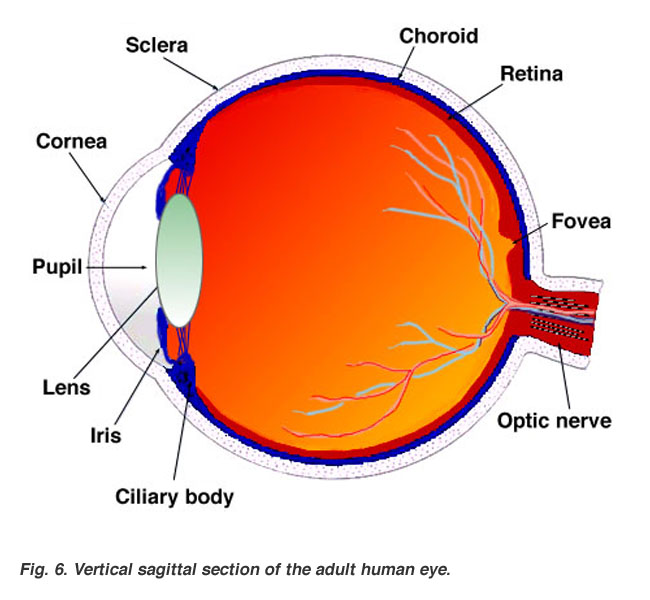skip to main |
skip to sidebar

Well, it wasn't the best way to start my new part-time job. The other day, I was learning to use a piece of equipment and it attacked my left hand. My new co-workers quickly helped wash and bandage my hand to stop the bleeding. Then, one of them accompanied me to the emergency room so that I had another hand to squeeze while I got stitched up.
After 24 years of working in labs without much more than a paper cut, now this.
You don't realize how much you need both hands until one of them is out of commission.
That's my report for now. Forgive me for the short post, but typing is not the easiest thing at the moment. I'll be OK again soon.
The efforts to promote stem cell research in New York State continue. We need to try to get the undecided votes to swing our way. I'll be on the phone this week doing my best to promote the cause...
New York State Proposals:
Senate Bill 2104-B, known as the appropriation bill, has a $100 million allocation for stem cell research of all types for 2007.
An Assembly bill A.4308-B (3/10/07) New York State Stem Cell Research and Regenerative Medicine Support Act defines stem cell research and sets up a new governing body to administer grants for funding stem cell research. A pool of $ 500 million would be established.
According to a Zogby poll, 69% of likely voters support New York State funding for embryonic stem-cell research.
http://www.nyamr.org/
To all of my New York State blogpals, and even you out-of-staters: Do everything you can and contact your representatives to voice your approval of stem cell research!

Dear Eyedoc,
I have good news to share with you. On Wednesday, March 14, the House of Representatives passed the bipartisan Whistleblower Protection Enhancement Act 331 to 94, with 229 Democrats and 102 Republicans voting in favor. This bill would protect the basic scientific freedoms of federal scientists and contractors by giving them the right to expose political interference in their research without retribution—a significant victory in our work to restore scientific integrity to federal policy making.
*snip*
This legislation is the first of its kind to recognize the need to protect government scientists from interference with their work. The legislation also gives scientists the right to present their research at conferences and in peer-reviewed journals. The Union of Concerned Scientists worked with a coalition of organizations to educate members of Congress about the importance of including scientists under any new whistleblower legislation. We could not have made the case without you. Representatives Bruce Braley (D-IA) and Bart Stupak (D-MI) spoke on the House floor about the need for scientist whistleblower protection and you were standing behind them. The representatives referenced the UCS surveys of federal scientists, the examples of political interference you have helped highlight, and the scientist statement on scientific integrity you signed—which has now been endorsed by almost 12,000 scientists.
The action now moves to the Senate, which will soon consider similar legislation. UCS will monitor the legislation's progress and let you know when it is most appropriate to weigh in.
Sincerely,
The Union of Concerned Scientists
 There is a move afoot to offer convicts shorter prison sentences in return for a signed organ donor card. Now, I'm an enthusiastic supporter of (posthumous) organ donation. But there's something about the quid pro quo that doesn't sit well with me.
There is a move afoot to offer convicts shorter prison sentences in return for a signed organ donor card. Now, I'm an enthusiastic supporter of (posthumous) organ donation. But there's something about the quid pro quo that doesn't sit well with me.
What do you think?
Am I just being lily-livered?

One of the hallmarks of stem cells is that single cells can form spheres under the right conditions: For example, from the breast, they are called "mammospheres".
Last night, I presented my work on cancer stem cells from the retina. One of the attendees came up to me, pointed at my photograph of spheres and said angrily, "Don't call those neurospheres!"
I asked, "Why not?"
Attendee: "Because it doesn't sound right! What does this have to do with the nervous system?!"
I answered, "The retina is part of the central nervous system. It's filled with neurons. I think it's OK to call them neurospheres."
Attendee: "Oh." And she walked away.
OK, you had to be there.





